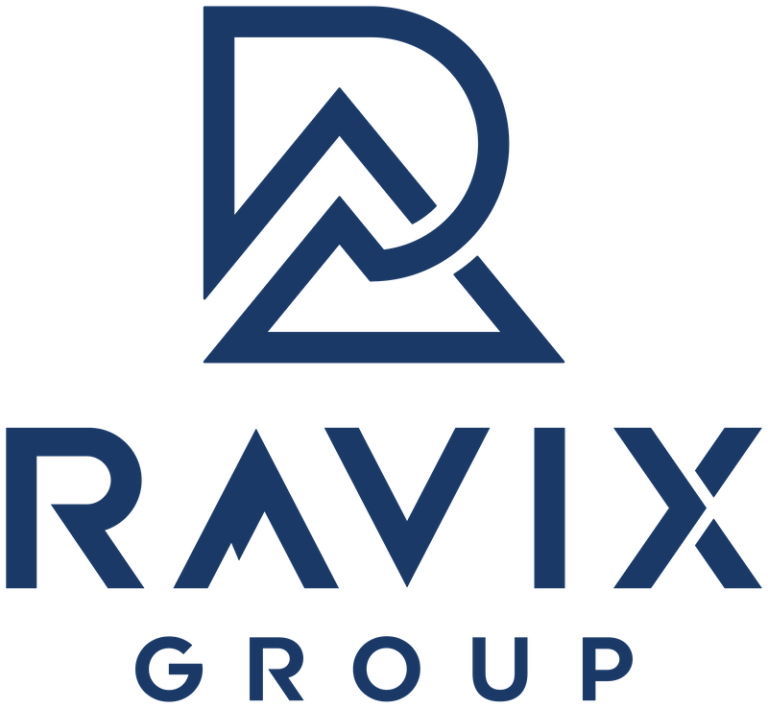There’s an old saying, “Cash is King“. In the dynamic world of startups, while product innovation often steals the limelight, the real unsung hero in the narrative of sustainable growth is effective cash flow management. As a startup founder, understanding and managing your business cash flow is not just a financial practice; it’s a strategic imperative, especially in the post-fundraising phase. With poor cash flow management, you’re constantly flirting with the daunting zone of insolvency.
Cash flow is the lifeblood of your startup. It refers to the movement of funds in and out of your business, and it’s distinct from profit, which might include non-cash items like depreciation. Effective cash flow management in your small business ensures that you have enough liquidity to meet your immediate and short-term obligations.
Types of Cash Flow
1. Operating Cash Flow: This is the cash generated from your primary business activities. It’s a litmus test for the viability of your core business model.
2. Investing Cash Flow: This reflects cash spent or gained from investments in assets like equipment or technology, crucial for long-term growth.
3. Financing Cash Flow: This involves cash transactions between your company and its financiers, including equity investments, dividends, and debt.
The Importance of Cash Flow in Startups
– Solvency and Liquidity: Efficient cash flow management ensures you can pay bills and salaries on time.
– Facilitates Growth: Adequate cash flow is essential for seizing new market opportunities.
– Continuous Operation: Ensures smooth day-to-day operations without financial hiccups.
– Investor Confidence: A healthy cash flow is a green flag for investors and creditors, signaling robust financial health.
Strategies for Optimizing Cash Flow
1. Efficient Invoicing and Collection: Implement a system for timely invoicing and follow-up on payments. Late payments can significantly disrupt your cash flow.
2. Cost Management: Regularly scrutinize and minimize unnecessary expenses. This might mean renegotiating contracts or downsizing office space.
3. Inventory Management: Optimize inventory levels to prevent tying up cash in unsold stock.
4. Supplier Negotiation: Strive for extended payment terms with suppliers to keep more cash in the business.
5. Exploring Financing Options: Consider lines of credit or invoice factoring to bridge cash flow gaps.
6. Customer Deposits and Prepayments: For larger orders or long-term contracts, consider securing deposits or full prepayments.
7. Leasing vs. Buying: Opt for leasing to reduce upfront capital expenditure.
Recognizing and Addressing Negative Cash Flow Trends
Negative cash flow trends can have a profound impact on a startup’s trajectory. They lead to operational difficulties as the startup struggles to cover daily expenses like salaries and supplier payments. This financial strain hinders growth, as the startup cannot invest in new opportunities or expansion. It also damages the startup’s credit standing, making it challenging to secure loans or attract investors. Over time, prolonged negative cash flow can endanger the startup’s survival by increasing the risk of insolvency and eroding investor confidence. Addressing these trends is critical to maintaining a sustainable business path.
⚠️ Does your startup have poor cash flow? Here are some red flags:
Depleting Reserves: A consistent decrease in cash reserves is a warning sign.
Increased Borrowing: An imbalance between debt and revenue growth can indicate cash flow inefficiencies.
Delayed Payments: Trouble in paying suppliers or wages on time is a classic red flag.
The Role of Professional Accounting Firms
Managing cash flow, particularly for startups where resources are stretched thin, can be challenging. This is where outsourced accounting firms for startups like Ravix Group come into play. They can manage aspects like:
Accounts Receivable: Ensuring timely collection of payments and managing customer credit effectively.
Financial Planning: Providing strategic insights for cash flow forecasting and budgeting.
Compliance and Reporting: Ensuring accurate financial reporting for investors and regulatory bodies, which is crucial for future fundraising rounds.
Reach out to Ravix Group for services to improve your cash flow today:



